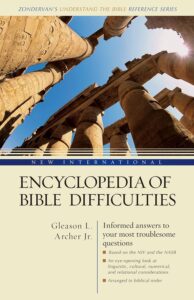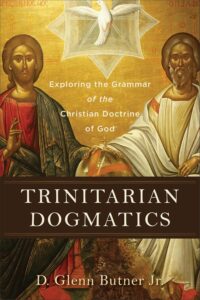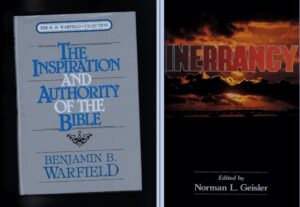 Inerrancy and Alleged Discrepancies of the Bible. Pt.1. KP10-IAB-08
Inerrancy and Alleged Discrepancies of the Bible. Pt.1. KP10-IAB-08
A. Present purpose is to address claims of contradiction by laying out the proper framework in dealing with the difficulties and demonstrating with examples why we are justified in calling them “alleged contradictions”.
B. Origins of Discrepancies.
C. Common mistakes in alleging contradictions/ discrepancies .
D. Possibility of harmonization and principles of interpretation. The doctrine of inerrancy does not tell us a priori how we are to interpret individual passages. Rather, inerrancy maintains merely that whatever statements the Bible affirms are fully truthful when they are correctly interpreted in terms of their meaning in their cultural setting and the purpose for which they were written.
E. Some examples of alleged contradiction discussed and resolved – 1) Jesus cleansing of the temple, 2) Ordination of the disciples, 3) Temptations of Jesus, 4) Genealogies of Jesus, 5) Timing of Jesus cursing the fig tree and 6) Jesus sat on two or one donkey in the Triumphal entry, 6) date of Quirinius governorship etc.
You can watch the video at
Inerrancy and Alleged Discrepancies of the Bible. Pt.1. KP10-IAB-08

